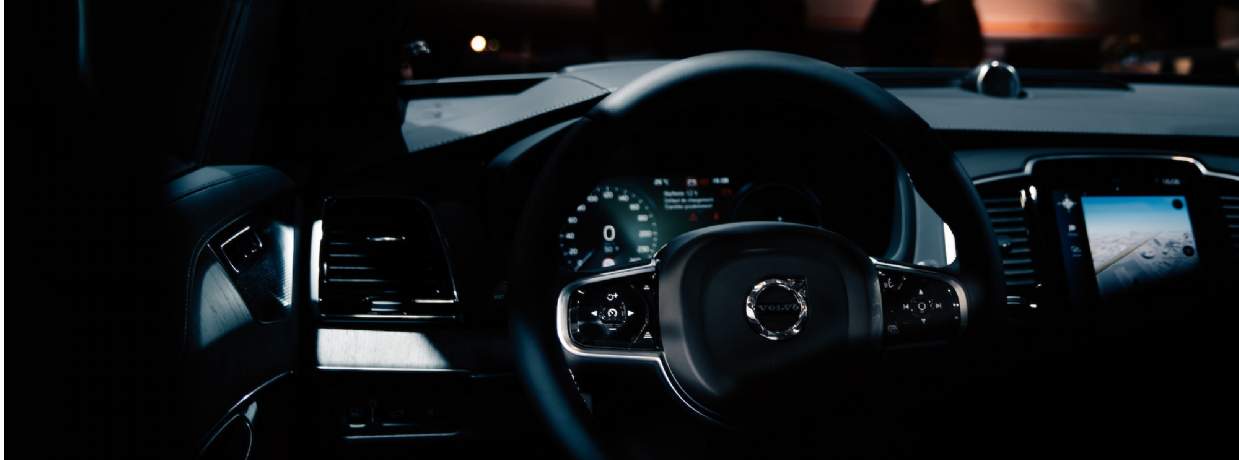For anyone close to the electric vehicle (EV) market right now, it will have been no surprise to read the recent announcement from electric car manufacturer, Polestar, that it is pitching itself against Porsche to become the premier manufacturer of electric cars.
In our experience, electric vehicle brands are highly ambitious in terms of technology and design but also in respect to how they market themselves.
Europe’s rapidly expanding EV market is targeting flagship retail locations today, and this is providing new opportunities for landlords with large units on traditional high streets.
Growing numbers of brands are seeking out these profile-raising locations in order to showcase electric vehicles and engage with consumers. Countries such as Germany, Norway, Sweden and the Netherlands are likely to offer interesting opportunities to these brands due to the appetite in these markets.
As Europe now drives the global EV market expansion, accounting for 43 per cent of global sales in 2020, we’re seeing increasing demand from EV brands. Unlike traditional car companies however, the demand is largely focused on prime retail locations and emerging lifestyle-led locations. Polestar, for instance, has opted to differentiate itself by choosing emerging retail destinations, such as its recently opened store in Berlin’s Hackescher Markt.
Germany had some of the largest increases in EV registrations last year, according to data from the International Energy Agency, with a recorded increase in 2020 of 254 per cent, making it the second-largest EV country market after China.
Other hotspots are Norway, which had the largest market share of new sales in 2020 at 75 per cent (106,000 new EVs sold). In recent months Oslo became Chinese brand NIO’s first stop in Europe with a major new 2,000 sq m flagship store on Karl Johans gate, the main retail street in the city, opening at the end of September.
Consumers in Sweden and the Netherlands are also active in the EV market, with shares of 32 and 25 per cent of the market respectively. In our experience, brands are strongly focussed on Amsterdam, and in some cases Rotterdam and The Hague, while several showrooms have been located in Westfield’s Mall of The Netherlands.
Given all of this, it is safe to say that the opportunity in this market is huge. Stores are forming part of the significantly substantial marketing budgets of EV brands, which have capital to invest in highly innovative, ultra-modern showrooms that set them apart from traditional car dealerships.
This will breathe new life into retail destinations, as state-of-the-art fit outs and new and engaging experiences for consumers will be features of the EV offer, with sectoral experience being key in delivering the right property solutions.
Savills recognises real estate is responsible for 40 per cent of carbon emissions and, to coincide with COP26, it is launching its latest research examining how the sector is adapting to meet climate change challenges. Savills is committed to achieving net zero carbon in its operation by 2030. Through Savills Earth it brings together the expertise of more than 100 specialists to support and advise clients on their sustainability, energy and carbon strategies. To find out more visit Savills Earth.
Further information
Contact Larry Brennan or Marie Hickey

.jpg)



.jpg)




